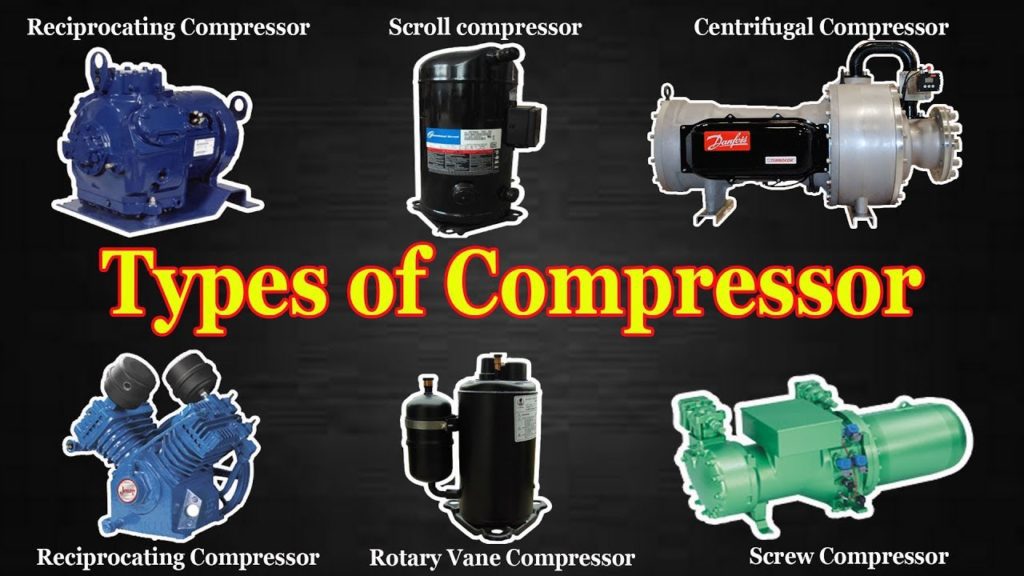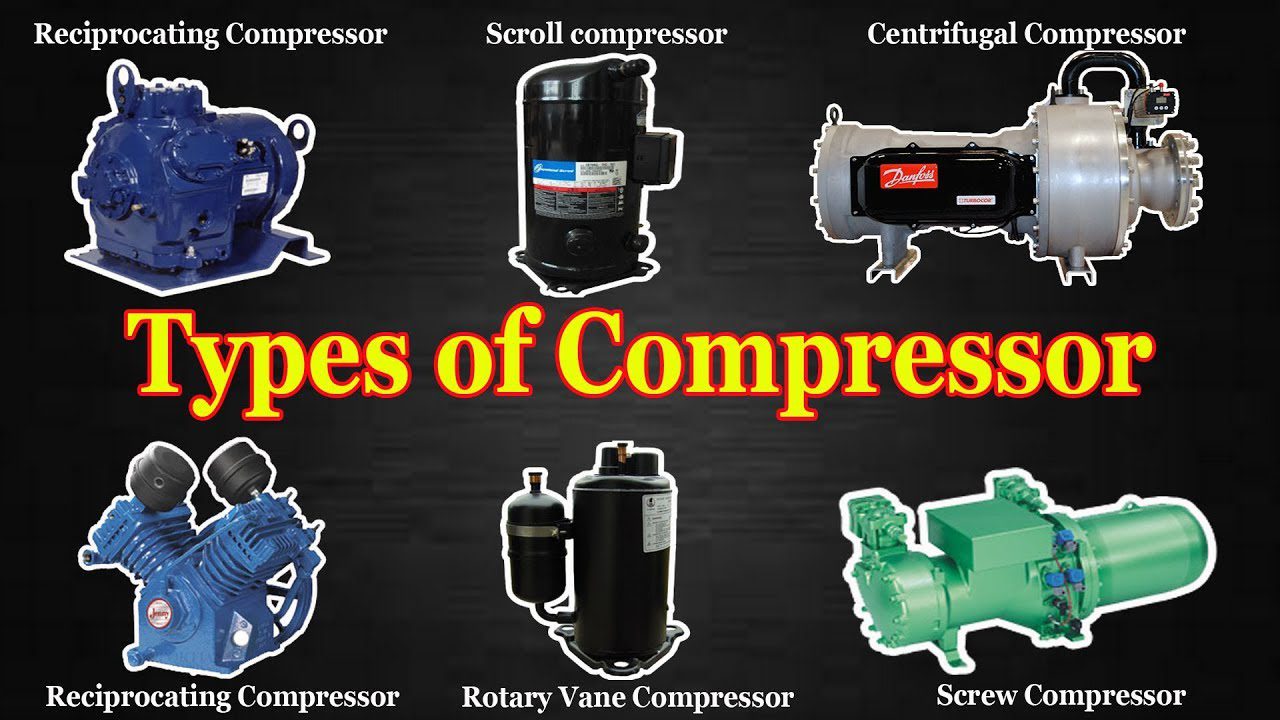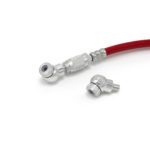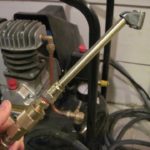Air Compressor Types – Complete Guide
Air compressors have made a big difference in our world as we know it. It has not only enabled assembly lines to speed up its processes, but it has also impacted each of our lives in one way or another. From keeping cool large buildings to inflating our vehicles tires, these are all ways that air compressors are used today.
Air compressors may seem very complicated but once you understand how they operate and what they are used for then you will be able to handle yourself when looking to acquire one for yourself.

How do air compressors work?
It is hard to think that air compressor systems have not been around for very long. In the past vehicle, assembly workshops made use of complex systems with belts and furnaces to power the assembly line. Today this has been replaced by air compressors. Almost all power tools run on air compressors because it is much more cost-effective and easier to use.
An air compressor is a tool that converts power into pressurized air. A Compressor normally uses an electric motor or a gasoline engine to compress air into a tank. Through one or more method a compressor forces air into a storage tank to be stored and used when needed. It is easy to think a compressor is a pump, but a pump is used on liquids and compressors is used for gasses.
What are the four types of air compressors?
Air compressors come in many different shapes and sizes, and some of them you will not even think it’s a compressor. But do not worry, when it comes to how they work four main types of compressors are used in various manners.
What is a Positive Displacement Compressor?
Although there are many different positive displacement compressors, they all use the same principles. They work with different internal mechanisms to displace the air. Outside air is brought into a cavity that stores it and then it is slowly compressed to increase the air pressure and increase the potential energy. These compressors are used for a wide variety of needs and also describes all the compressors that make use of air displacement.
What is a Rotary Screw Compressor?
A rotary screw compressor is equipped with an internal cooling system that does not require a great deal of maintenance. It is a very popular air compressor because it is so easy to take care of it. Typically, these are large compressor machines that are used for industrial purposes, that is why it can either be lubricated with oil or it can run oil-free.
A rotary screw air compressor uses two internal rotors, that turn in opposite directions, to generate its energy. These air compressors rely on its internal cooling system to keep it cool when operating at continual use. The rotors trap the air and build up the pressure in the housing unit, from there it is dispensed for use. These compressors range greatly in size and can be as small a 5 horsepower up to as big as 350 horsepower.
What is a Reciprocating Air Compressor?
A popular type of compressor that can be used for smaller home jobs, is a reciprocating air compressor. Unlike a rotor screw compressor, it is not intended for continual use and you must use oil to keep its moving parts lubricated to ensure they move smoothly.
These air compressors make use of a piston inside the cylinder that displaces and compresses air to build up the desired pressure. If you are looking for something that can generate high amounts of pressure, then you might want to think about a reciprocating air compressor with a multi-stage compressor. Multi-stage compressors can go as high as 30 horsepower, so keep that in mind.
What is a Centrifugal Compressor?
For a relatively small machine, a centrifugal air compressor can produce a high amount of energy thanks to its multi-phase compression process. A centrifugal air compressor puts air through a diffuser, that cools and slows air to build up potential energy. Some types can run oil-free and a centrifugal compressor requires even less maintenance than its reciprocating or rotary screw compressor counterparts. They are typically used for larger sites like steel manufacturing centers and chemical plants.
How big of an air compressor do I need?
Many things can play a role in deciding how big an air compressor you need, but the two main factors that will determine the size of your compressor is:
- You need to determine where and for what you will be using the air compressor for.
- You need to determine the power requirements for the tools you will be using. This will give you a good indication of how big it needs to be.
Air compressors come in many different sizes and you don’t want to get caught not having a big enough compressor, and you also do not want to spend a fortune on a compressor that is much bigger than you need. If you will need to use the compressor at more than one location, then you might want to think about a portable compressor. If you will only be using it in your garage, then I will suggest investing in a stationary air compressor. This is an important first step in deciding how big a compressor you need.
When investigating the power requirements of a compressor you should keep tow things in mind, namely airflow and tank size. The airflow of compressors is measured in two ways the deliverable CFM (cubic feet per minute) and PSI (pounds per square inch). When you are selecting a compressor then you need to know the PSI and CFM requirements of your power tools. If you are planning on using only one tool at a time, then use the tool with the highest PSI and CFM requirements for choosing your compressor size. This will ensure that your tools are not underpowered and you loose performance from your power tools.
A good rule of thumb is to always try and have an air compressor that delivers more PSI and CFM than you will require. This will ensure that all your tools always function at peak performance.
Final Thoughts
Understanding how an air compressor work can have great benefits when you need to choose one for your requirements. Air compressors have revolutionized our society and who knows where this will lead or what we can achieve in the future with pneumatic energy.
Understanding what an air compressor works is very important. Just as important is understanding the four different compressor systems because they are not all used for the same purpose and they have different strengths and weaknesses.





